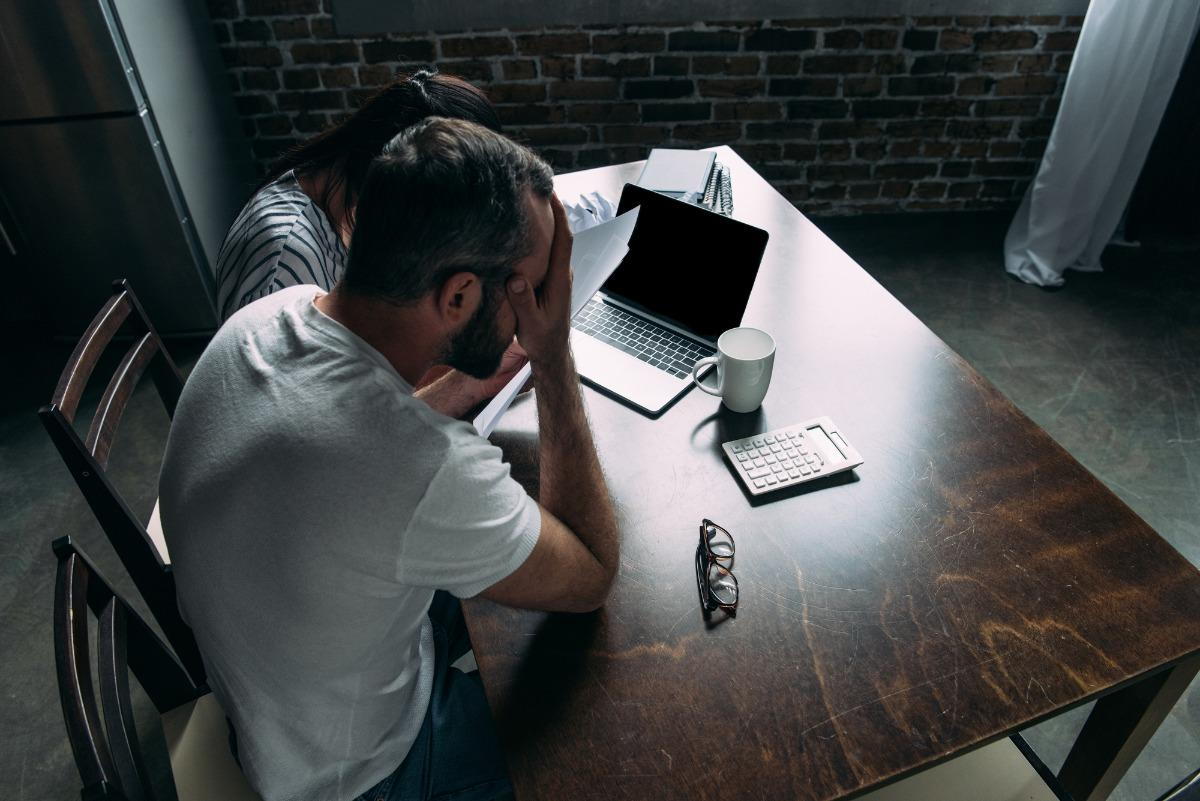
- posted: May 20, 2022
NYC Eviction Protections During COVID-19
If you’re facing eviction due to the continued impacts of the COVID-19 pandemic, you might not know where to turn or what your rights are as a tenant.
In this blog from the Outerbridge Law team, we’ll cover the basics of what you should know if you’re facing eviction, including what to do if you can’t pay rent, whether or not you can be evicted, what to do if you have an upcoming court date, and much more. Let get right into it
What If You Can’t Pay Rent?
First, know that you’re not alone. Over a million New Yorkers cannot pay rent. New York State has a rental relief program, known as the Emergency Rental Assistance Program. These applications are processed on a first come, first serve basis, so you are encouraged to apply as soon as possible if you believe you are eligible.
Can You Be Evicted?
If you have been financially impacted by COVID-19, and as a result, have missed any rent payments at your current residence since March 13, 2020, you may be eligible to receive funds to help cover overdue rent payments. This can be done by applying for the New York’s Emergency Rental Assistance Program (ERAP).
If you have applied and your landlord attempts to bring you to court for your missing rent payments (also known as non-payment cases), the ERAP application will pause your case until it is processed and you are given proper funding. However, if you are eligible to receive ERAP and the landlord accepts the payment, they are no longer allowed to sue for any rent payments that have been covered by ERAP.
Additionally, they can’t sue for no-cause holdovers for one year, with the exception of buildings with 4 units or less where the landlord or a family member is attempting to occupy the unit, and claims the current tenant has caused significant property damage, engages in activities that infringe on other tenants’ rights, or creates alarming safety hazards.
What is The Tenant Safe Harbor Act?
The Tenant Safe Harbor Act allows tenants who have caused COVID-19 related financial hardships to raise this as a defense in non-payment cases, as long as they are being sued for rent owed between March 7, 2020 and January 15, 2022. Tenants must be able to provide proof that they were financially impacted by COVID-19 in court.
If the court decides the proof is adequate and the tenant has proved their hardship, the landlord is no longer allowed to evict the tenant due to this overdue rent, however they are able to start eviction cases and receive money judgments in court.
What Should You Do If You Have an Upcoming Court Date for Your Eviction Case?
For New York City tenants, the Right to Counsel states you should have access to a lawyer for your court date. However, if you are unable to find a lawyer before your first court date, you are able to ask for and are entitled to an adjournment to seek counsel in order to get more time to find a lawyer. You are also entitled to ask the judge for an assigned counsel, which means an available lawyer will be assigned to you and assist you with your case.
For the best results, contact a skilled landlord-tenant attorney who can argue your case with expertise.
Can My Landlord Try to Vacate My Household?
Vacate orders are only issued if an apartment is dangerous or illegal, and only city agencies have the right to issue them. This means that landlords are not legally allowed to directly issue vacate
orders. During the COVID-19 pandemic, vacate orders have become rare. However, if a vacate order is issued, you have the right to access relocation services that are provided by City agencies.
Outerbridge Law Will Fight For Your Rights
If you’re facing eviction, you may be incredibly nervous and frustrated. Navigating the legal system and fighting the eviction process on your own is very difficult, and can’t be done without the help of a skilled attorney.For an attorney you can trust, contact Outerbridge Law today.


